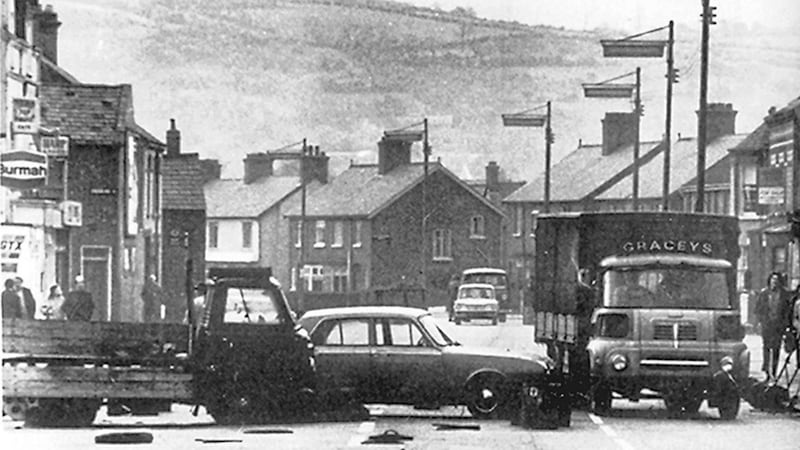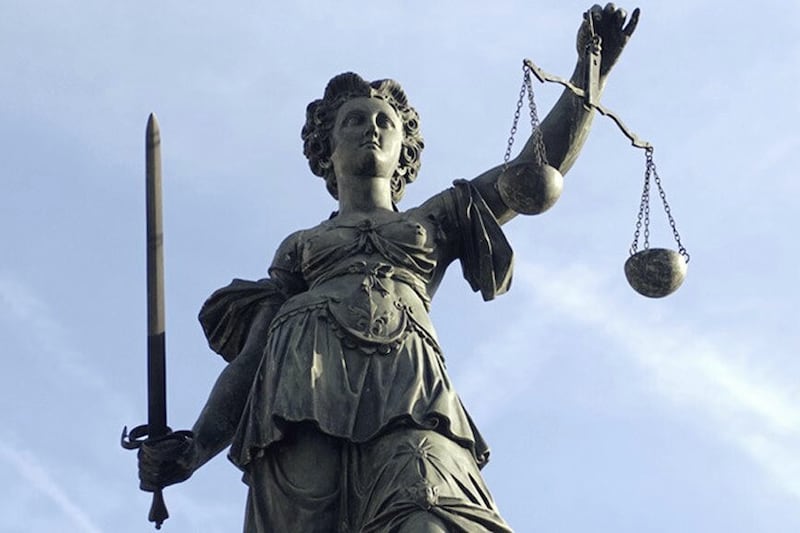TWO Newry women who claim an IRA spy pressured them into storing a gun and explosives have secured legal permission to appeal their historic convictions.
Catherine McEvoy and Anne-Marie Cinnamond were granted leave to mount challenges based on allegations they were placed under duress by Peter Keeley.
A solicitor for the pair described it as an important breakthrough in attempts to clear their names.
Kevin Winters claimed: “Peter Keeley set up two innocent, vulnerable women for prosecution, and it’s not the only time he set people up.
“This appeal will look at his role as a self-confessed IRA State agent, and how he was able to act with impunity over a long period of time.”
In July 1990, RUC officers discovered a rifle and components for an explosive device in an outhouse at Ms McEvoy’s home.
Her friend, Ms Cinnamond, was also present when police carried out the searches.
During interviews both women alleged they had been asked to store the items by Keeley - widely reported to be a former British soldier who infiltrated the IRA.
They were convicted of possessing firearms, ammunition and explosive substances with intent, receiving five-year suspended prison sentences for the offences.
Earlier this year, Ms McEvoy and Ms Cinnamond sought leave to appeal their convictions, citing claims they acted under duress. Defence lawyers also contended they had been entrapped by the State due to Keeley’s publicly identified role as a British agent.
In fresh evidence submitted to support their case, the women claim they were in fear of Keeley, a known IRA man at the time who now uses the pseudonym Kevin Fulton.
Ms Cinnamond stated that she lived in a nationalist area and was afraid to tell the RUC as it would have been a “death sentence for her and her family”.
The recovering alcoholic explained that it was only during the Coronavirus lockdown period that she decided to confront her past and seek legal advice.
Ms McEvoy claims she was equally frightened to say ‘no’ to Keeley, and only pleaded guilty due to fears of going to prison and losing her children.
A senior judge granted both women leave to challenge their convictions based on the newly emerged evidence of alleged entrapment.
In her ruling Madam Justice McBride observed: “It appears that Mr Keeley has written a book in which he has revealed that he was an agent acting for the State”.
A full hearing will be listed at the Court of Appeal sometime next year.
Reacting to the development, Mr Winters added: “After all these years this is a very important breakthrough for our clients.
“The case will also signpost a way forward for the many other alleged victims of Keeley.”




